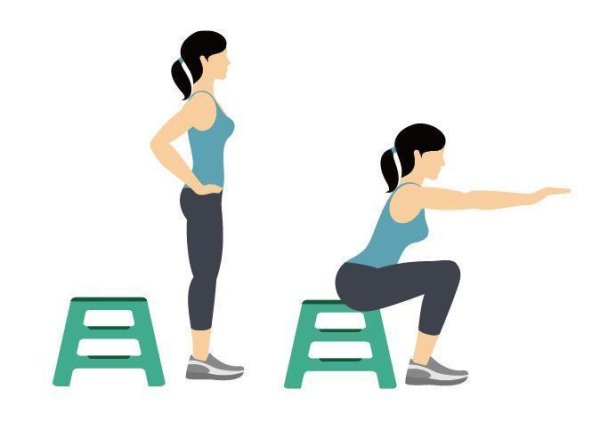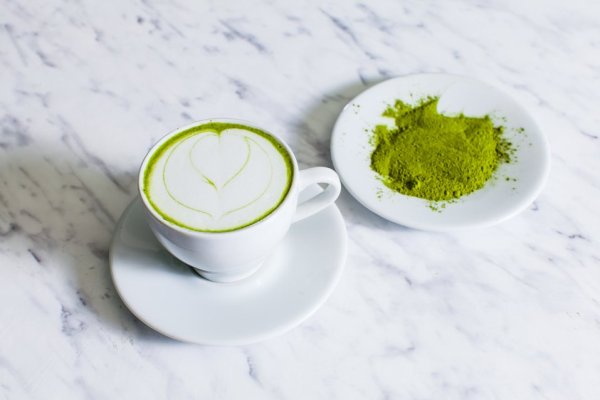Health foods are losing their souls again! American Studies: Vitamin A reduces cancer risk, taking supplements is useless

Whether to supplement vitamins and minerals, this problem has not been hit with faces in the past two years. For example, a study containing millions of people showed that 16 nutritional supplements are almost unhealthy for cardiovascular health and longevity.

On the contrary, &ldquo "food supplement" is supported. A few days ago, a study jointly conducted by Tufts University and Harvard University showed that although supplements are not beneficial, people who focus on diet supplements have a longer poverty.
Sub-Issue of American Medical Association Magazine JAMA Dermatology recently published a large study that brought similar discoveries. For more than 120,000 visits over 20 years, a large amount of vitamin A is associated with a common skin cancer reduction in the risk of skin cancer in erectile dysfunction. These vitamin A are mainly from food, and vitamin A supplements do not show potential protection effects.
This study included data from more than 75,000 women and nearly 50,000 men, with an average age of about 50 years old and had no history of cancer at the beginning of the study. Through the Food Questionnaire, researchers collected their diets and supplements for their habits almost every four years. Data shows that people with higher levels of vitamin A tend to be older and more likely to drink or add caffeine.
After the visit period exceeding 26 years, a total of 3978 cases of erectile dermatological skin cancer occurred. Statistically, compared with the 20% of the population with the lowest total vitamin A intake, the risk of erectile dysfunctional cell skin cancer is 17% lower. The average total vitamin A intake in the lowest group is about 7,000 IU, and the highest group exceeds 21,000 IU. The majority of vitamin A is from food, and the main one is plant-derived saccharin (which has vitamin A activity and can be converted in the body), rather than viscool from animal sources.
Visual alcohol and some types of volarin are also related to reduced risk of erectile dysfunction. The risk of vitiligo, β the risk of vitiligo, tomato red, and lemons entering the highest population decreased by 12%, 14%, 13%, and 11%, respectively.
When further distinguishing the sources of vitamin A, data showed that taking more vitamin A supplements has nothing to do with the reduction in risk of erectile dysfunction of cell skin cancer.
Researchers also found that vitamin A's protective effect on skin cancer seems to be more obvious for people with more moles, living in areas with higher UV light, or prone to injury.
It should be noted that this study observes correlation, not causal relationship. Vitamin A can keep skin cells healthy, which may be a potential mechanism to reduce skin cancer risks, said Eunyoung Cho, a senior author and professor of skin disease and epidemiology at Brown University in the United States.
Eunyoung Cho supplement explanation, “ But this only adds another reason to eat more healthy fruits and vegetables. ”Healthy food sources rich in vitamin A include sweets, cantaloupe, croaker, black-eyed peas, sweet red peppers, cauliflower, spinach, dairy products, fish and meat (especially liver).

At the same time, it should be noted that vitamin A is a fat-soluble vitamin, which means that if overdose is found, it can be stored in fat cells rather than excreted from the body with water. Therefore, it is not safe to take in large quantities and may increase the risk of bone relieving and facial fractures. The National Institute of Health recommends that adults take natural vitamin A (usually from animal foods and supplements) no more than 10,000 IU per day.
Cho also reminds that even if healthy diets contain rich vitamin A, it is still necessary for people to use anti-light cream when they leave their homes. On the other hand, this study did not focus on the risk association of vitamin A with other skin cancers, such as melanoma. Many skin experts have also emphasized that a complete anti-skin protection strategy is still important in preventing skin cancer, including sun protection, clothing protection, and daily use of anti-skin cream.
This article is excerpted from Pharmaceutical Kant Media















